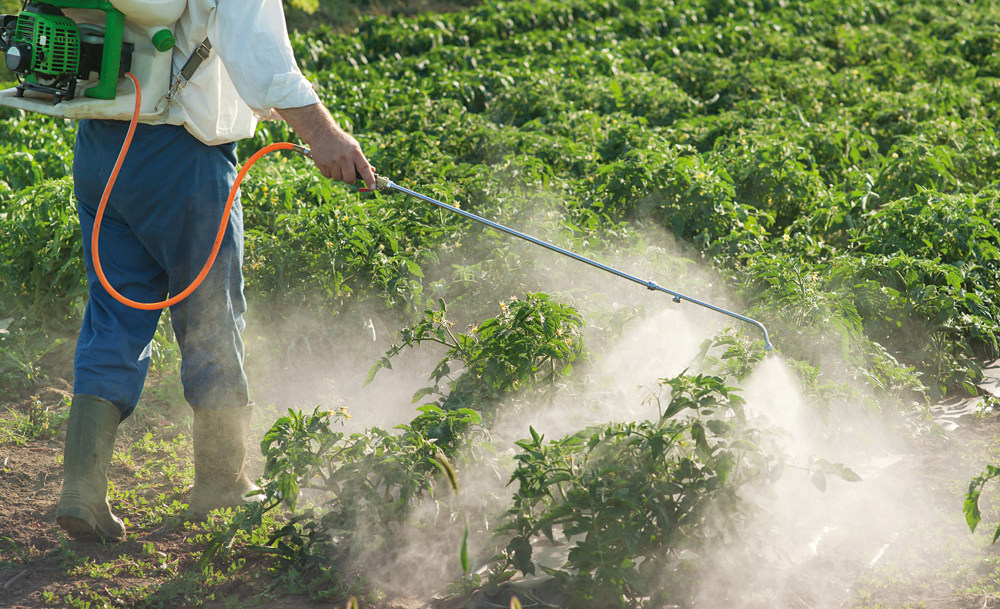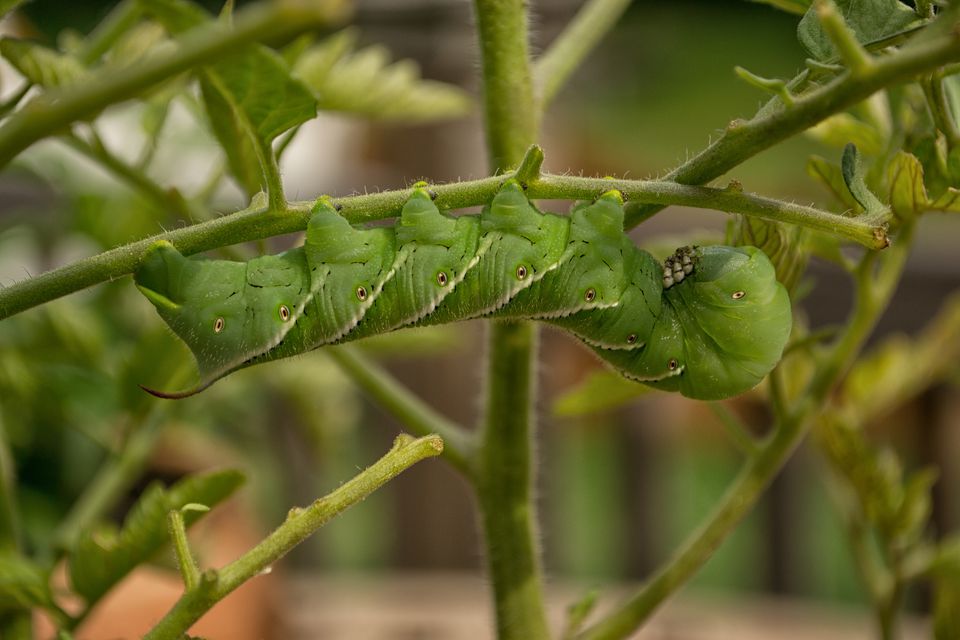
Pesticides and Herbicides: How They Differ and How to Use Them
Growing a garden demands a lot more than water and sweat. In fact, you can put your hardest effort into tilling and fertilizing the soil and installing sprinklers, and still fail to get the desired results. So, what seems to be the problem then? Usually when your plants’ growth and development is hindered and you take a closer look at your plants, you’ll notice either a weed infestation or a pest invasion, or in the worst case scenario – both.
When that happens, there’s not much you can do besides trying pesticides and herbicides. First of all, you should know how to make a distinction of the two. Pesticides, like their name suggests, are used to kill pests that feed on your plants like moths, leaf-hoppers, spider mites, thrips and whiteflies which most commonly affect garden plants. You need to identify the exact insects or disease that destroys the plant in order to determine which pesticide is most effective in eradicating it.

Herbicides, on the other hand, are designed to kill plants. But don’t worry – they are meant to kill the bad kinds like weeds and brushes, which rob the good plants of nutrients and space to grow. Unlike pesticides which are all synthetic, there are many organic types of herbicides, if you want to get rid of your problem without causing damage to the environment. Nevertheless, you should be careful with all herbicides, including the organic types. Some herbicides can be highly concentrated and can often kill anything they come into contact with including the nice parts of your garden.
When it comes to pesticides and herbicides, you should take great caution both when using and storing them, as you should with any chemical. Make sure all your bottles are specifically labelled and far from the reach of any children or pets. If you’re using a spray bottle for herbicides, it’s smart to have it labelled so you don’t end up using it thinking it’s a pesticide and accidentally kill your plants. And most importantly, make sure to always wear protective clothing, especially gloves, whenever you’re handling pesticides and herbicides.
Finally, use pesticides and herbicides only if absolutely necessary and when you’ve tried all your other options. You might not even have to use chemicals if you perform regular checks on your plants and catch the disease before spreading. For instance, if the problem is small enough it could be solved with a little hand weeding. However, if you need to get rid of an overgrowth of poison ivy, always try with the least toxic option. And remember, more is not better in this case. For your own safety, make sure to follow the instructions on the label.

